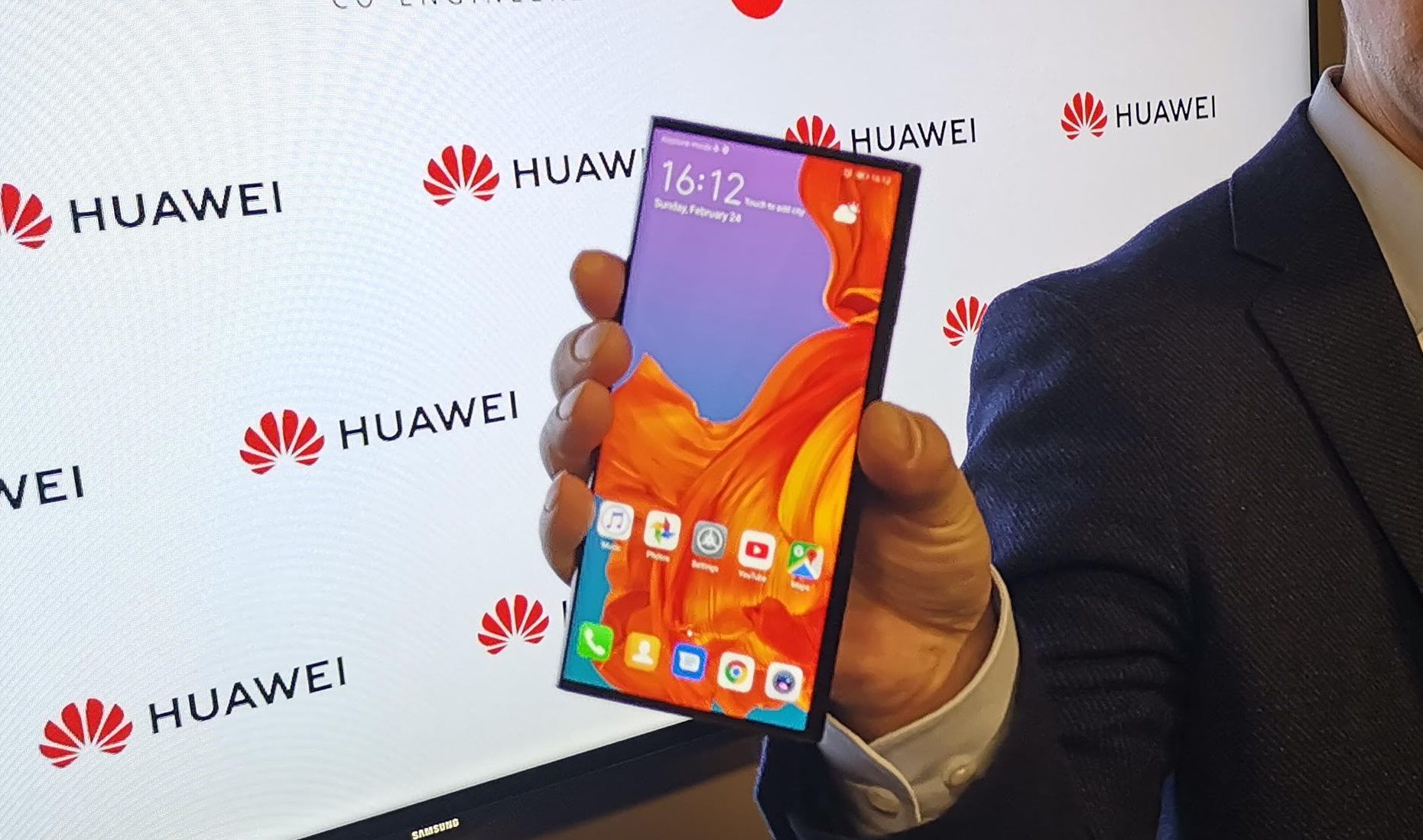In another week of good news for Huawei, the Chinese company has been forced to delay the launch of its Mate X foldable handset which was originally to be launched next month.
The Chinese tech giant told CNBC and The Wall Street Journal that it was doing extensive testing to make sure the device was ready for consumers, and that the company was taking a “cautious” approach following the failed launch of Samsung’s own foldable device, the Galaxy Fold.
Samsung’s foldable didn’t go so well. After an announcement just ahead of MWC 2019, very few people saw (or could touch) the phone before a wider launch in April 2019. However, the launch was quickly aborted when it became apparent that the Galaxy Fold displays were literally falling apart.
Huawei doesn’t want to end up in the same predicament. “We don’t want to launch a product to destroy our reputation,” a spokesperson for Huawei told CNBC.
The risk for Huawei isn’t really a product destroying its reputation; the impact of the US trade ban has been so significant that its reputation may be irreparably damaged anyway. Even the 90 day reprieve hasn’t done much to stem the losses. Ausdroid has heard from countless readers and friends that they can’t recommend the P30 Pro to friends and family anymore, and from others who’ve gone from a certain purchase to buying something from a competitor such as Samsung.
The issue of advertising appearing on recent Huawei smartphones hasn’t helped the company with its goal of “not destroying its reputation”, as the issue is all over Google News today, and has been the subject of much discussion on our site, as well as Reddit and other forums.
There’s also speculation that the Mate X, when (or if) it launches in September will even include Android OS. It was shown with Android at MWC 2019, but with the looming trade ban (and questions over whether the Mate X has been manufactured yet), there may be some uncertainty over whether Huawei can use Android on it now.
CNBC says that the Mate X will ship with Android because the phone was “launched before Huawei was placed on the Entity List,” but the WSJ says that this issue is still being discussed – it might not matter when the phone was launched, but when various stages were met with integrating Android into the handset.
The Verge – which first broke this news – has reached out to Huawei for clarification.
For its part, Huawei has stated to CNBC that, should Android not be available, it can “go it alone” if forced, though it might delay the launch even further. One wonders how many people would be willing to invest in a delayed $3,000 phone, especially if it had a potentially flimsy display and didn’t run a popular, well-established OS.




